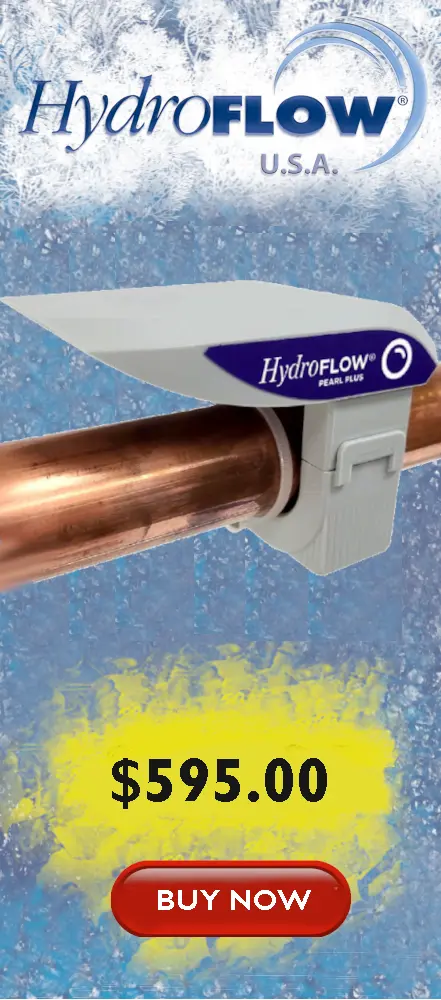Kentucky
Water Quality in the State of Kentucky
Kentucky, also known as the Bluegrass State, is well known for horse races, music and fried chicken. Kentucky water supply comes from mostly surface waters, including lakes, rivers and reservoirs. A small number of Kentuckians (10%) receive their drinking water from wells.
Water Hardness Summary
Kentucky has water that ranges from moderately hard to very hard with an average water hardness measure of 112 PPM. Some cities with high calcium deposits are Lexington (215 PPM) and Frankfort (190 PPM). Louisville, the most populated Kentucky city has a water hardness measure of 102 PPM, which by USGS standards, is moderately hard.
For more information on water hardness in specific cities, please see the table below.
PPM = Parts Per Million
mg/L = Milligrams Per Liter
gpg = Grains Per Gallon
Manufacturing and Hard Water
Manufacturing is the largest contributing industry for Kentucky's economy, accounting for one-fifth of the state's gross product. Louisville is the epicenter for Kentucky manufacturing and is home to many major manufacturers such as Ford, GE Appliances, Raytheon and Clariant Corporation. Kentucky's main manufacturing sectors are Motor vehicles and parts, Food beverage and tobacco products, Primary metals, Chemical products and Machinery.
Product processing in most manufacturing plants requires water. Cooling towers and HVAC are imperative to keeping operations running smoothly. Water hardness levels can be as high as 500 PPM; with water hardness levels this high, manufacturing equipment can deteriorate at a rapid pace and experience efficiency loss.
Solutions to your Water Quality Problems
Fixing your water quality issues in the state of Kentucky will depend on your specific water source. It is best to test your potable water supply in order to get a better understanding of your water quality. Testing is relatively cheap. The test results will allow you to understand if your potable water has issues that need to be addressed. Common solutions to water contamination problems may include a water filtration system, a reverse osmosis system or other whole home water treatment solutions.
A problem that almost all Kentucky residents will have to deal with is hard water. One old-fashioned, inefficient, expensive and unhealthy method to treat hard water is with a salt-based water softener. Most people don't realize that if you're using a water softener you are basically removing calcium and magnesium from your drinking water and adding salt to your diet. In addition, many states are banning the use of salt-based water softeners.
Alternative water treatment solutions such as "water conditioners" have been gaining popularity in recent years because they are cheap to operate and the best eco-friendly solution for hard water. Hydropath technology, which powers the HydroFLOW water conditioners is by far the most efficient and cost-effective eco-friendly solution to deal with hard water problems. To learn more about how HydroFLOW solves the problems created by hard water, please check out our technology page. You might want to read this blog that explains the difference between water conditioners and water softeners: Water Conditioner vs. Water Softener Blog.
For more information, please contact Critical Environmental Solutions


